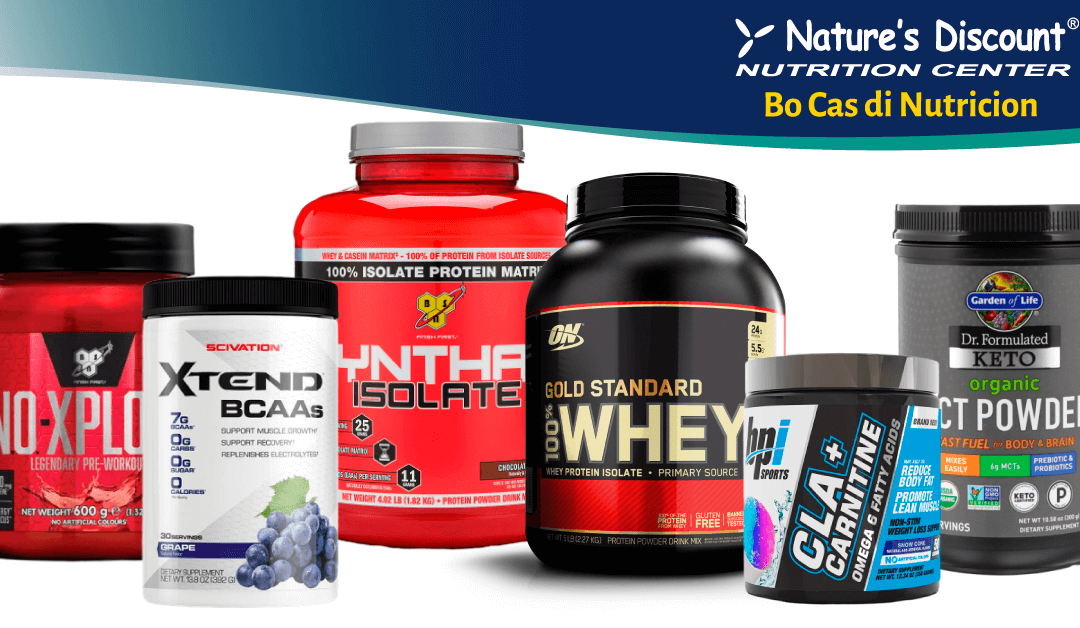sports nutrition jobs
Sports nutrition jobs
Therefore, in the study , 910 athletes were interviewed to assess their attitude toward the exclusion of food/ingredients associated with gastrointestinal disorders. After eliminating a large number of FODMAP-containing foods, athletes reported an improvement in symptoms ranging from 68 https://seentient.com.2% (polyols) to 83.7% (lactose). More often, athletes excluded lactose sources and, to a lesser extent, other high FODMAP foods. Lactose elimination can be achieved by eliminating all sources of lactose, limiting exclusively concentrated sources, or eliminating only pre-workout. However, the elimination of lactose by athletes to reduce gastrointestinal symptoms can lead to calcium deficiency, so individual dietary strategies should be followed to ensure adequate intake .
CHO increases the amount of insulin, thereby attenuating the post-workout cortisol response. Combined with the anabolic response to protein supplementation, this has a positive effect on protein synthesis. In addition, it has been shown that weakening of the cortisol response is greatest with the combined use of CHO and PRO versus taking only CHO or PRO in a sample of untrained young adult men .
In a major international competition, the Taipei Universiade (2017), a nutrition service was launched by a nutritionist, using FoodWorks (Nutrition Analysis Software, to provide nutritional advice for improving the diet of young and adult athletes.
Supplement sports nutrition
A popular category of dietary supplements are workout supplements, which are typically taken before (‘pre-workout’) or after exercising (‘post-workout’), and are sold in a variety of forms from pills to powders and ready-to-drink shakes. The global pre-workout supplement market size alone was estimated to reach $13.98 billion in 2020 and almost double in size to $23.77 billion by 2027.
“Getting enough protein after training can help with repairing and building muscle tissue,” Ansari says. “Athletes tend to have higher protein needs than the average person. Supplementation, like protein powder or shakes, can help fill the gaps if they are unable to meet all of their needs through food.”
Sports drinks also often contain enough carbs to maintain energy levels, but some athletes prefer gels to prevent excessive fluid intake during training or events, as this may result in digestive distress.
Our recovery fuel is going to be carbohydrates and protein, no matter what, to replace what we just used up. But it can also include some antioxidant foods — anything that has omega 3s (seeds and nuts, for example) and some anti-inflammatories (berries, spinach).
The U.S. News Health team delivers accurate information about health, nutrition and fitness, as well as in-depth medical condition guides. All of our stories rely on multiple, independent sources and experts in the field, such as medical doctors and licensed nutritionists. To learn more about how we keep our content accurate and trustworthy, read our editorial guidelines.
The diet of athletes varies from sport to sport. While the proper balance of macronutrients (protein, carbohydrate, and fat), and their timing, is crucial, athletes also benefit from diets rich in antioxidants to reduce oxidative stress on the body and to aid in repair. Other nutrients, such as iron, vitamin D, and electrolytes are key in an athlete’s diet.

Sports nutrition supplements
Studies have evaluated beta-alanine as a potential ergogenic aid with a variety of participants, exercise and activity protocols, and dosing regimens. Some studies suggest that beta-alanine consumption could provide small performance benefits in competitive events requiring high-intensity effort over a short period, such as rowing, swimming, and team sports (e.g., hockey and football) that involve repeated sprints and intermittent activity . Other studies have found no such benefits . Evidence is conflicting on whether beta-alanine consumption improves performance in endurance activities, such as cycling . Experts have not reached consensus on whether beta-alanine consumption primarily benefits trained athletes or recreationally active individuals . Studies provide little consistent evidence of a relationship between the dose of beta-alanine and performance effect .
Studies have found that creatine produces adenosine triphosphate (ATP), which is a basic form of energy all cells use. When you exercise, you deplete your body’s ATP quickly. Taking creatine gives you more of an ATP reserve to draw on. The supplement also increases muscle building.
Gelatin is an unlikely supplement, but it helps build strong bones, tendons, and cartilage. It’s a cooked form of collagen, which is a major protein in connective tissue. So consuming gelatin helps boost your physical health.
“It’s important to be consistent,” states Sedlacek. “If we’re going into an exercise and we don’t have enough energy to pull from, our body can end up pulling energy from our muscles. So, it’s important to have something small to eat before working out.”
One of the roles of sports nutritionists is to help debunk these myths and provide athletes with accurate information. Here are three of the top sports nutrition myths — and what the facts really say.